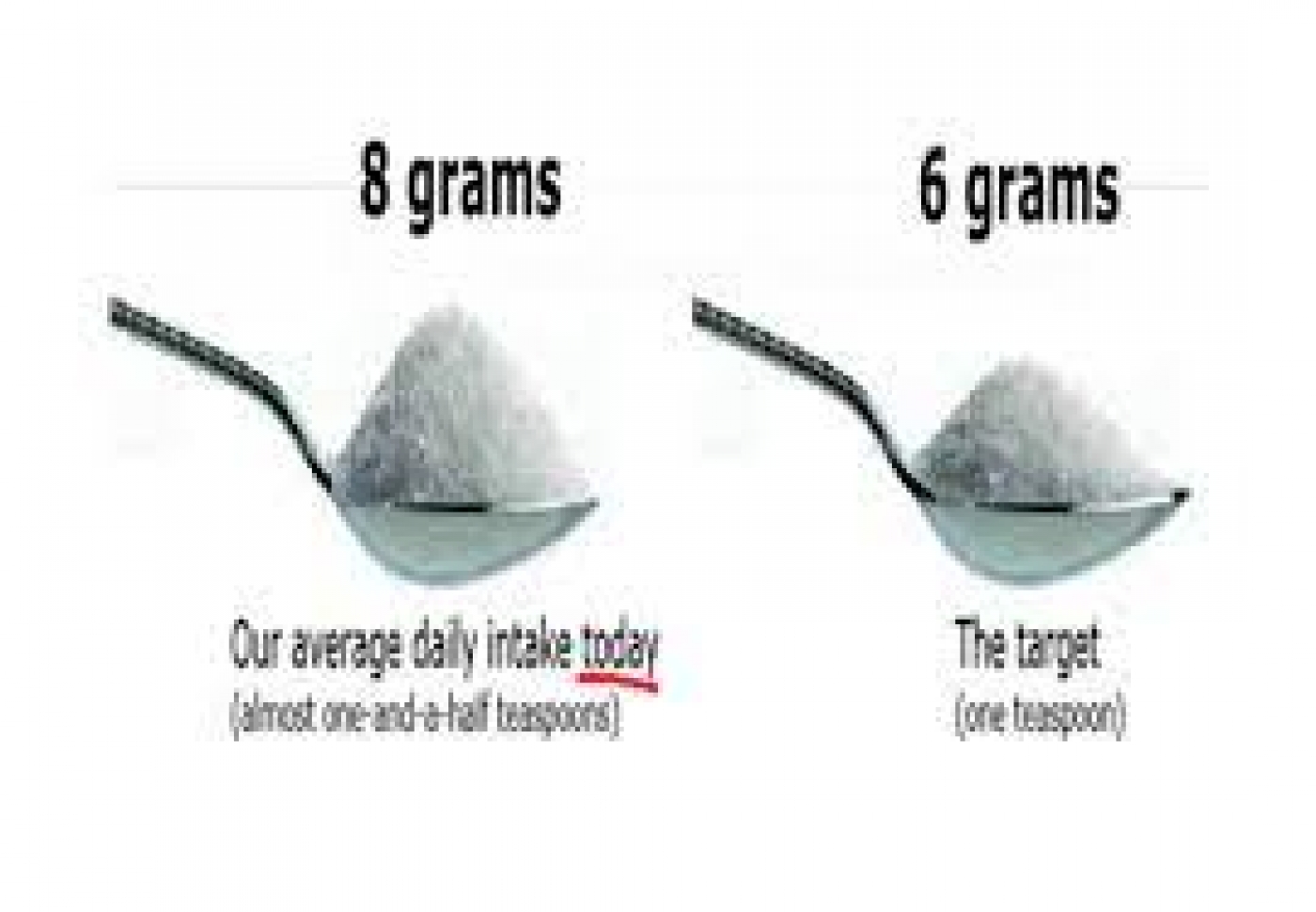They noted that the present recommendations for daily salt consumption may be set too low.
The Dietary Guidelines for Americans stipulates the ingestion of less than 2,300 milligrams of sodium daily, which is equivalent to one teaspoon of salt.
However, the Centers for Disease Control and Prevention, in a report, noted that about 90 per cent of Americans consume salt at levels beyond the recommended limit.
The study noted that generally, everyone acknowledges that excessive salt intake can lead to high blood pressure and increase the risk for heart attack, stroke, and other cardiovascular diseases.
Mente explained that his team set out to investigate if reduction of salt intake to the recommended levels in current guidelines can actually reduce the risk of such outcomes.
He said they studied data of over 130,000 people spanning 49 countries and looked at the sodium intake of participants, and how it is connected to the risk of heart disease and stroke among those with and without hypertension.
“In comparison to individuals who had an average sodium intake, the rates of heart attack, stroke and death were found to be higher among those who had low sodium intake, irrespective of whether participants had high blood pressure,” Mente added.
In the study, low salt intake was defined as an intake of less than 3,000 milligrams a day, which is above the present recommendations in the United States.
The team said their findings showed that only participants with high blood pressure seemed to be subjected to risks associated with high salt intake, which was defined as more than 6,000 milligrams daily.
According to Mente, the researchers’ discoveries are extremely important for people with hypertension.
He said, “While our data highlights the importance of reducing high salt intake in people with hypertension, it does not support reducing salt intake to low levels. Our findings are important because they showed that lowering sodium is best targeted at those with hypertension, and those who consume high sodium diets.”
Andrew suggested that based on the results of the study, plans to reduce salt intake should be directed at individuals with high blood pressure and who have a high salt intake.
A study co-author, Martin O’Donnell, of McMaster University and the National University of Ireland Galway, said, “This study adds to our understanding of the relationship between salt intake and health, and questions the appropriateness of current guidelines that recommend low sodium intake to the entire population.
“An approach that recommends salt in moderation, particularly focused on those with hypertension, appears more in line with current evidence.”
Source: healthwise







